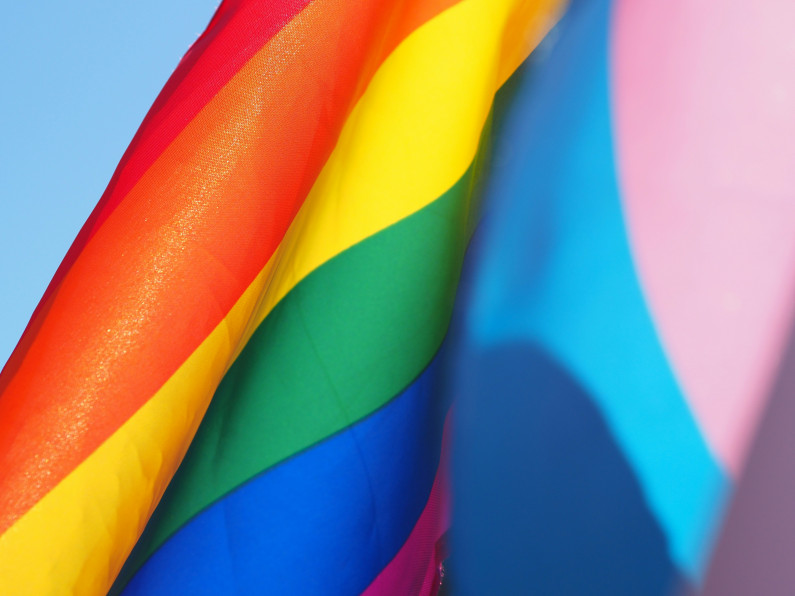June is PRIDE Month: the queer community celebrates its emancipation in commemoration of the Stonewall riots of 1969. Even a quick glance at current news shows how important it is to continue to stand up for LGBTQIA+ rights: Instances of politics being made with hate against queer people are on the rise worldwide and in this country too.
It has also become a tradition for many companies to show their colours during Pride Month. However, the annual flood of rainbow logos and Pride product lines is increasingly being criticised by the community. The accusation is that many brands only show solidarity on the surface in order to make a profit and enhance their own image with values such as tolerance and diversity. There are plenty of examples of advertising fails during Pride Month. We have already discussed the issue of pinkwashing (or rainbow-washing) in detail.
But even companies that want to get involved and show honest support sometimes make mistakes, for example by reproducing stereotypes. The fact is: communication for the queer community can be challenging. However, this does not mean that companies should refrain from doing so for fear of doing something wrong. They should pay attention to the following:
1. Communicate your own progress
Employees should not perceive communication about Pride Month as pinkwashing. Therefore, companies that want to communicate their queer-friendly commitment to the outside world must first be committed internally, create an inclusive corporate culture and make progress in terms of acceptance and diversity. The workforce must be sensitised to LGBTQIA+ issues – such as the use of pronouns or gender-inclusive language. Of course, this is a process that is never complete. However, it is important that a foundation is laid and that queer employees are actively involved in the decision-making process. When companies communicate the progress they themselves are making in this area, it is much more authentic.
2. Act in solidarity throughout the year
Flying the flag in June and otherwise showing no support is particularly untrustworthy. Instead of being particularly loud in June, companies should permanently support activities that promote the visibility and acceptance of queer people. This can be done through cooperation with LGBTQIA+ organisations, participation in relevant events or financial support for initiatives. Companies should not only act symbolically, but actively endeavour to bring about change.
3. Involve the community in campaigns and communication measures
In general, companies should ensure that people from the community are involved in the creation of any communication measures on LGBTQIA+ issues. This is the only way to create authentic stories that reflect the diversity and individual experiences of queer people. Communication campaigns on queer topics can of course be humorous. However, excessive recourse to clichés, such as Deutsche Bahn’s advert for Christopher Street Day, should be avoided.
4. Seek external advice
It is also clear that it can be a major challenge to implement all these steps alone. It is therefore advisable to work with external consultants and organisations to ensure that your own communication is in line with the needs of the queer community. Organisations such as Prout at Work or the UHLALA Group, for example, provide support in making lasting positive changes to the corporate culture and working environment.
The main requirement for communication during Pride Month is clear: if you are not committed to the queer community for the rest of the year, you should refrain from loud campaigns now so as not to lose credibility. Conversely, however, the following also applies: companies that make a long-term commitment and create a queer-friendly working environment do not need to hide – for example, because they are afraid that they are not yet doing enough. Companies that remain authentic, demonstrate their own progress and actively involve queer employees can also communicate this commitment to the outside world. Chances are good that this will be positively received by the community.


